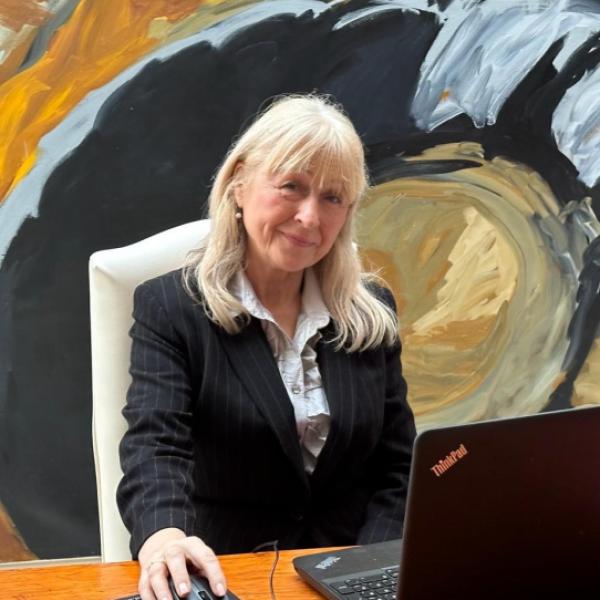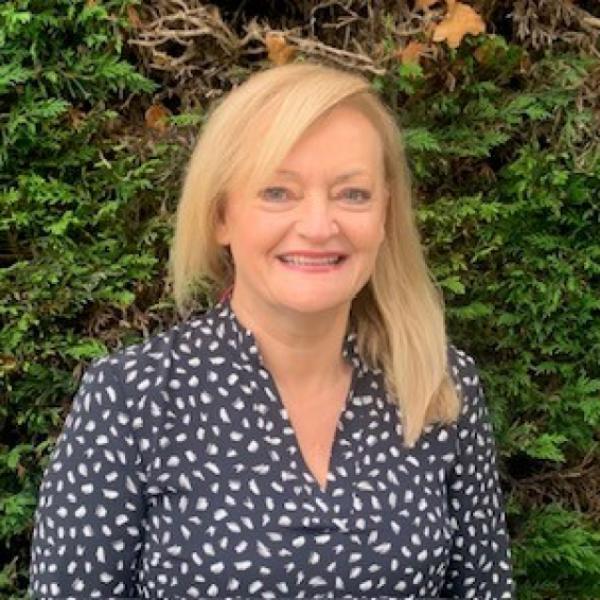Free Workplace Mediation and Conflict Coaching for Members
The Workplace Resolution Programme
A pro-bono way to resolve conflict in your organisation and among staff and volunteers.
Set up to help resolve conflict in charities, social enterprises and community and voluntary organisations, this pro bono programme is now available to our members. The programme is for organisations that may not have the resources to access professional help in resolving such matters.
Who is Eligible?
The programme makes skilled mediators available, on a pro-bono basis, to member organisations with an annual turnover less than €250,000. The programme is designed to facilitate discussions between 2 or 3 participants.
To be considered, a simple application form must be completed. Applicants must be a person in authority in the organisation such as a Board chairperson, board member, or a senior member of staff. Once an application is assessed and accepted, a mediator will be assigned who will deal directly and confidentially with the applicant to set up mediation.
Confidential research on the effectiveness of the process for participants will be undertaken on an on-going basis, and changes or improvements may be made as a result. It is expected that participating organisations will engage fully with the research element of the programme.
What Is Mediation?
Mediation is a process whereby an impartial third party assists those in conflict to reach a resolution which they find acceptable. Some basic principles underlie mediation and these are:
- it is confidential
- the parties are always in control of the outcome
- the mediator leads the process
- the mediator must act and remain impartial. The mediator will not take sides while aspects of the past are discussed. The focus is clearly on the future and resolution.
- it aims for mutual understanding and resolution
- it is respectful and is normally covered by simple ground rules
- it is voluntary for the participants.
Any outcome may be written down and signed as an agreement though sometimes participants may prefer a verbal agreement.
The Mediation Process
Initially the mediator meets both participants separately, to explain the process, to discuss agreement to ground rules and to gain an understanding of the conflict
The participants are then invited to a joint meeting at which the mediator will guide discussion to ensure full understanding, from each perspective, of the issues. The focus is then on what options can be developed to resolve matters. hese are then distilled down to an agreement which is drafted by the mediator and agreed by the parties.
Normally a written agreement is signed by both and this signals the end of the process. The referrer is usually provided with a confidential copy of any written agreement.
The Benefits
There are many benefits in using this approach.
For the organisation:
- it is fast and brings a focus,
- it does not involve others in the organisation (such as would happen in an investigation),
- it brings closure
- it is an alternative to a legal approach.
For the participants:
- it gets to the root of the problem and deals with it directly,
- it is quick
- It is private to the participants
- it helps to foster better working relationships
- it is a respectful process with participants always in control of the outcome.
The process is very successful in reaching an acceptable outcome and there is great learning for everyone.
Scope & Terms
The scope of the programme covers disagreement and conflict that occurs within the workplace, between 2 or 3 individuals, including among employees, volunteers and board members. It does not cover service users or beneficiaries of the charity.
The program will include one guided mediation session for parties in addition to the initial introductory discussion with each participant. Each mediator has the goal of resolving the conflict within this session. Should particularly complex issues arise, there may be a recommendation of further mediation which may incur a cost.
The programme is designed for smaller organisations that do not have the financial means to appoint a paid mediator. Applicant organisations should be members of The Wheel and have a turnover of less than €250,000 per annum.
While the mediator will give their time for free, depending on location, there may be a small amount to be paid to cover travel – this will be agreed with the mediator prior to commencement.
How To Apply
To express your interest in applying to the scheme, please email jon@wheel.ie to establish eligibility to participate.
Eligible organisations will then be put in contact with the programme's coordinators to discuss the issues you may be having, in confidence.They will then take you through the application process.
About our conflict coaches

Caroline Kelly - Mediator & Conflict Management Coach. Caroline is an experienced mediator, conflict coach and barrister with a particular interest in the practice of mindfulness and how it affects the brain’s ability to change and reorganise itself (referred to as neuroplasticity).
As a result of her work, Caroline is profoundly aware of the transformative power of both conflict coaching and mediation and their capacity for reducing conflict, improving productivity, harmony and focus, in the workplace, as well as promoting overall well-being and a better work-life balance. She firmly believes that productivity and well-being are not separate initiatives; on the contrary, they durably intersect and make worthy allies in the development of a harmonious workplace for all.

Linda Devlin - Mediator & Conflict Management Coach. With over 25 years of experience in HR and Learning & Development, Linda specialises in team building and conflict management, helping organisations foster healthier, more productive workplaces. A qualified mediator since 2013, Linda focuses on resolving workplace disputes through practical solutions that promote collaboration and a positive working environment.
Through mediation and conflict coaching, Linda supports individuals and teams in navigating complex workplace dynamics, improving communication, and building stronger professional relationships.
